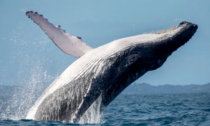
Seeing dolphins and whales in the sea enjoying their natural environment is a dream for most animal lovers. But a new report by MPs has found some marine wildlife is being failed by the UK government. Protections for these species are poorer compared to other countries, the Environment, Food and Rural Affairs Committee (Efra) found. Some of the threats to these animals includes underwater noise, pollution in the water and climate change.
But these creatures play a key role in maintaining a healthy ecosystem and help support economies which rely on coastal tourism.
The findings come as government efforts to scale up climate action have been described as “worryingly slow” by government watchdog, the Climate Change Committee.
Politicians on the Efra committee have suggested the UK ...
Read More

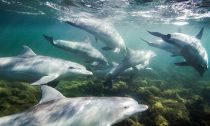
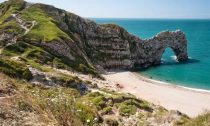
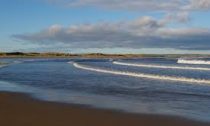
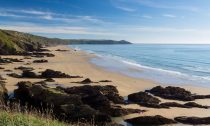
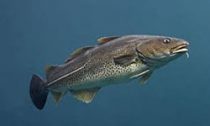
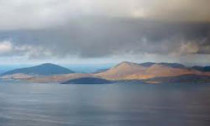


Social Profiles